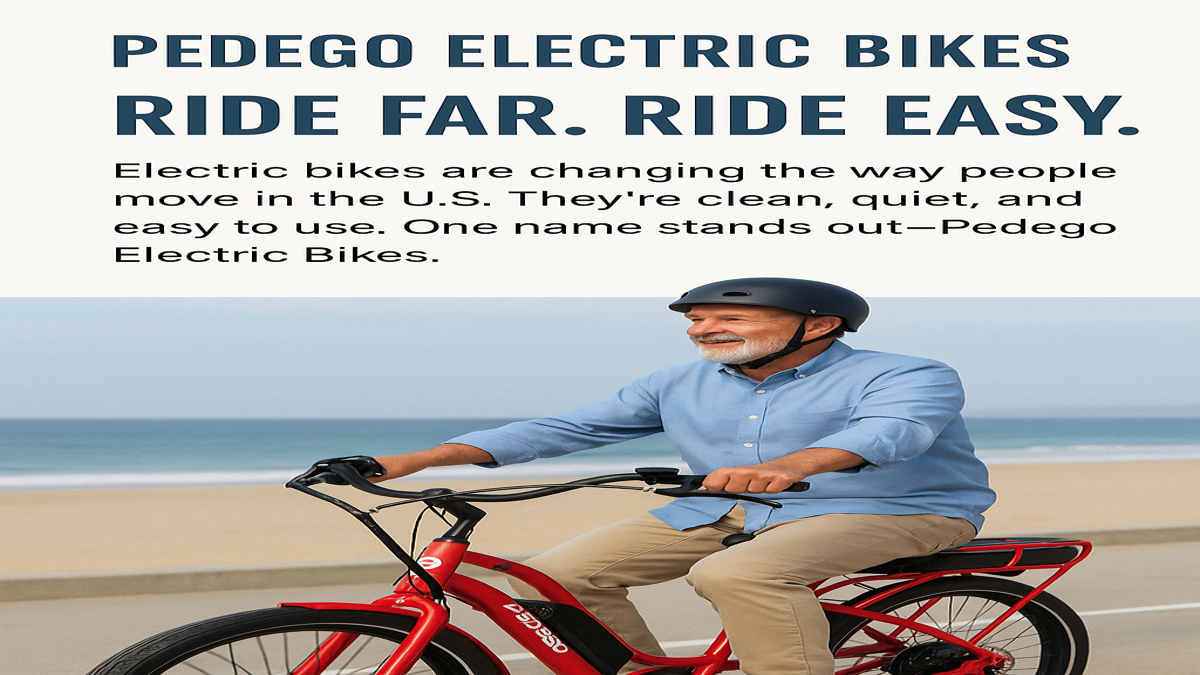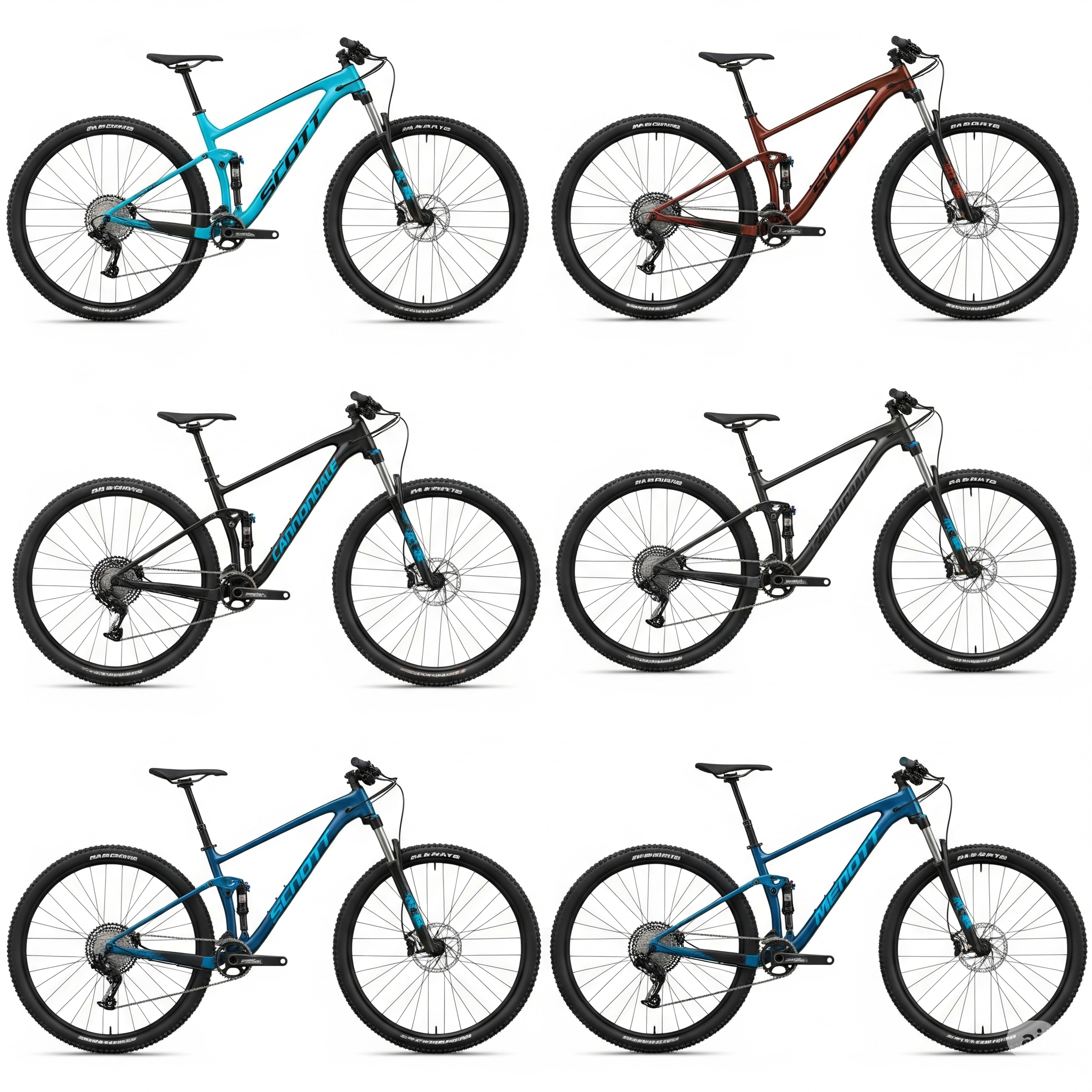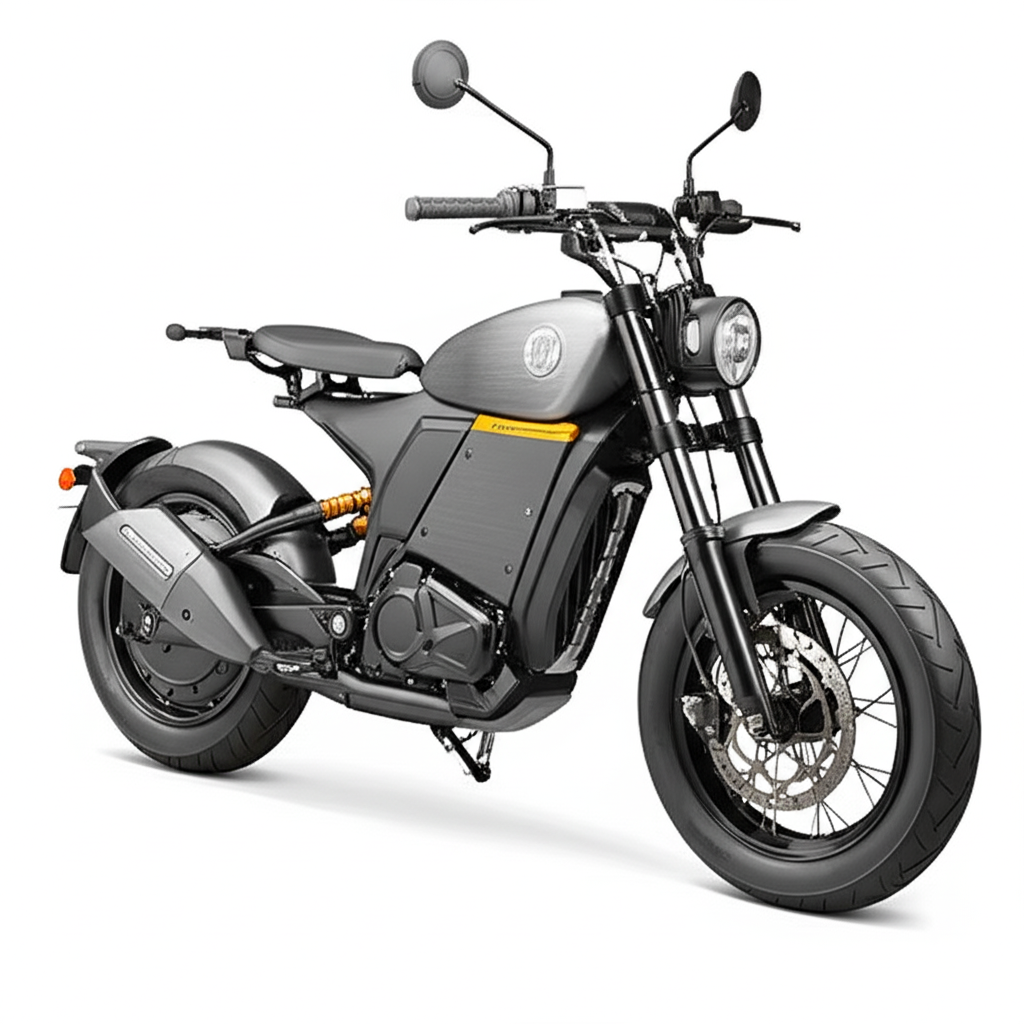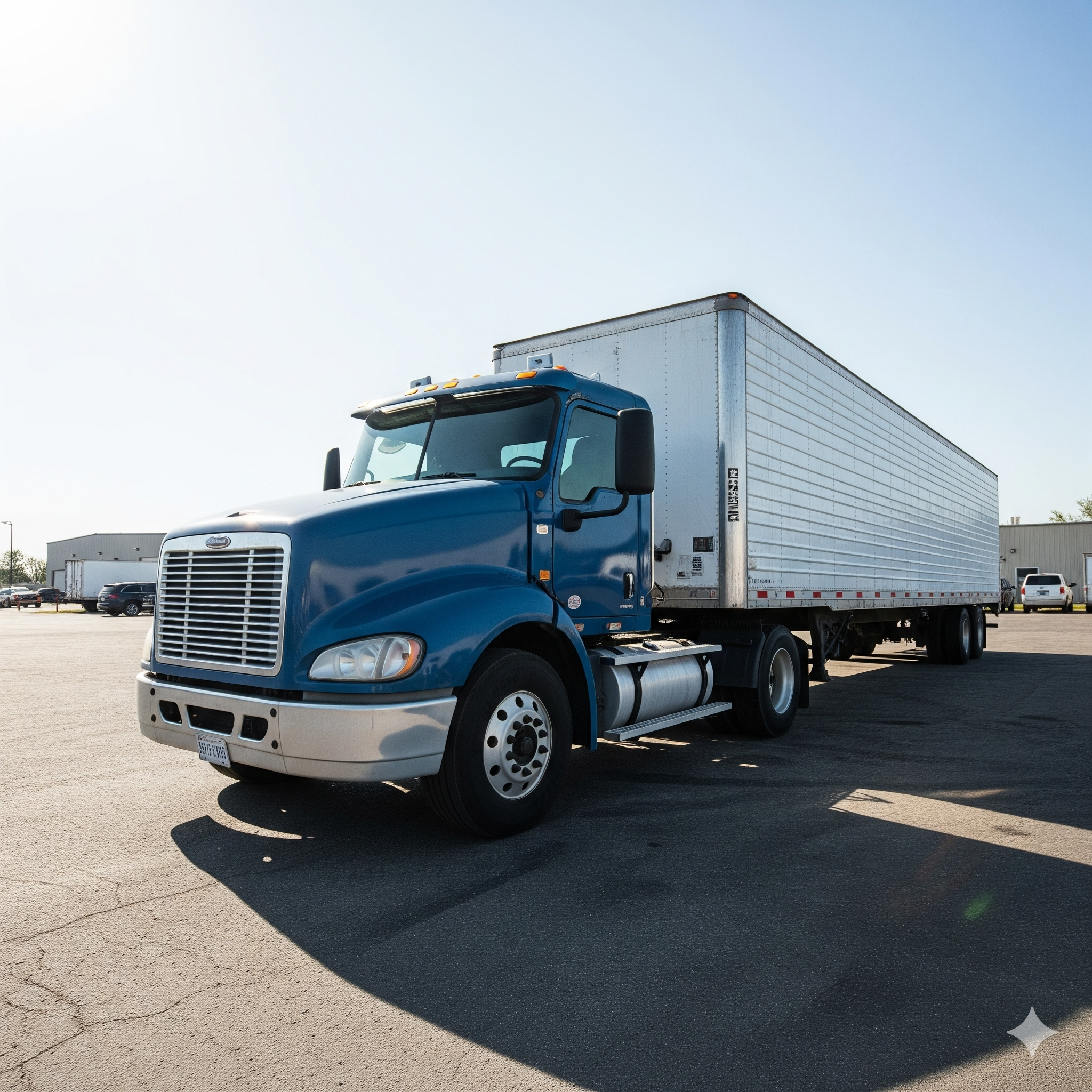Electric bikes (e-bikes) have gained immense popularity in recent years due to their convenience, cost-effectiveness, and eco-friendliness. Many people are now considering e-bikes as an alternative to traditional bicycles, scooters, and even cars for their daily commutes and leisure rides. However, a common question that arises is: Are electric bikes street legal? The answer depends on several factors, including local laws, bike classification, motor power, and speed restrictions. In this article, we will explore the legality of electric bikes, the rules governing their use, and what you need to know before riding one on public roads.
What Are Electric Bikes?
Electric bikes are bicycles equipped with an electric motor that assists the rider in pedaling. They are designed to make cycling easier, especially on hilly terrain or for long-distance rides. Unlike motorcycles or scooters, e-bikes generally do not require a throttle and rely on pedal-assist mechanisms. However, some models come with throttle control, allowing riders to move without pedaling.
E-bikes are categorized into different classes based on their motor power, speed, and pedal-assist features. The classification of e-bikes plays a crucial role in determining their street legality.
Classification of Electric Bikes
Most regions classify electric bikes into three categories:
- Class 1: These e-bikes are pedal-assist only, meaning the motor activates when the rider pedals. The motor stops providing assistance once the bike reaches 20 mph (32 km/h).
- Class 2: These e-bikes have a throttle feature that allows the rider to propel the bike without pedaling. However, they also have a maximum speed of 20 mph (32 km/h).
- Class 3: These are high-speed pedal-assist e-bikes with motors that assist the rider up to 28 mph (45 km/h). They are usually required to have a speedometer and may be subject to additional regulations.
Understanding these classifications is essential because different laws apply to each category in various jurisdictions.
Are Electric Bikes Street Legal in the U.S.?
In the United States, the federal government classifies electric bikes as bicycles rather than motor vehicles, provided they meet the following criteria:
- The motor power does not exceed 750 watts.
- The maximum assisted speed is 20 mph (for Class 1 and Class 2 e-bikes).
- The e-bike has fully operable pedals.
However, state laws vary significantly. Some states have additional requirements, such as licensing, registration, or helmet laws for higher-class e-bikes. For example:
- California: Allows Class 1 and 2 e-bikes on bike paths but restricts Class 3 e-bikes to streets and designated lanes.
- New York: Legalizes all three classes of e-bikes but restricts throttle-controlled e-bikes in certain areas.
- Florida: Treats e-bikes like traditional bicycles, requiring no special licensing.
It’s crucial for riders to check their local state laws before riding an e-bike on public roads.
Are Electric Bikes Street Legal in Europe?
European countries have stricter regulations on electric bikes compared to the U.S. The European Union (EU) defines e-bikes under the EPAC (Electrically Power Assisted Cycles) regulation, which states:
- The motor must not exceed 250 watts.
- The motor must cut off assistance at 15.5 mph (25 km/h).
- The bike must have pedal assistance (throttle-only e-bikes are generally not allowed).
In some countries like Germany and the Netherlands, higher-powered e-bikes (speed pedelecs) that go up to 28 mph (45 km/h) require registration, insurance, and even a driver’s license. Riders may also need to wear helmets and use designated lanes.
Electric Bike Laws in Other Parts of the World
Different countries have different laws regarding electric bikes:
- Canada: E-bikes are legal across the country, but each province has its own rules. The federal law limits e-bikes to 500 watts and a maximum speed of 20 mph (32 km/h).
- Australia: The motor power limit is 250 watts, and the speed limit for motor assistance is 15.5 mph (25 km/h).
- China: E-bikes are widely used, but regulations vary by city. Some cities ban high-speed e-bikes on public roads.
It is always best to verify local laws before riding an electric bike in a new location.
Do You Need a License to Ride an Electric Bike?
In most regions, Class 1 and Class 2 e-bikes do not require a license, registration, or insurance because they are classified as bicycles. However, Class 3 e-bikes and speed pedelecs may require licensing and registration, depending on local laws.
For example:
- In the U.S., most states do not require a license for Class 1 and 2 e-bikes.
- In the EU, speed pedelecs require registration, insurance, and a special license.
- In Australia, e-bikes over 250 watts may require registration and licensing.
Always check with your local Department of Motor Vehicles (DMV) or transport authority for specific requirements.
Where Can You Ride an Electric Bike?
E-bike regulations also dictate where these bikes can be ridden. Common rules include:
- Bike Lanes: Many cities allow Class 1 and 2 e-bikes in bike lanes but restrict Class 3 e-bikes to streets.
- Public Roads: Most e-bikes can be ridden on public roads, but some areas impose speed limits and helmet requirements.
- Trails and Parks: National and state parks may have restrictions on e-bike use on trails meant for non-motorized vehicles.
Always verify local laws before riding in public spaces to avoid fines or confiscation of your bike.
Penalties for Violating E-Bike Laws
If you fail to comply with e-bike regulations, you may face penalties, including:
- Fines for riding an unregistered e-bike in restricted areas.
- Bike confiscation if using a higher-powered e-bike illegally.
- Points on your license if your e-bike is classified as a motor vehicle and you do not follow licensing rules.
Final Thoughts
So, are electric bikes street legal? The answer depends on the specific e-bike classification and local laws. While most Class 1 and Class 2 e-bikes are legal on streets and bike lanes, Class 3 and speed pedelecs may have stricter regulations, including licensing and registration requirements.
Before purchasing or riding an e-bike, research the laws in your area to ensure compliance. By understanding the regulations and requirements, you can enjoy the benefits of electric bikes safely and legally while avoiding fines or legal trouble. Whether for commuting, exercise, or leisure, e-bikes offer a fantastic way to travel efficiently and sustainably.












Leave a Reply